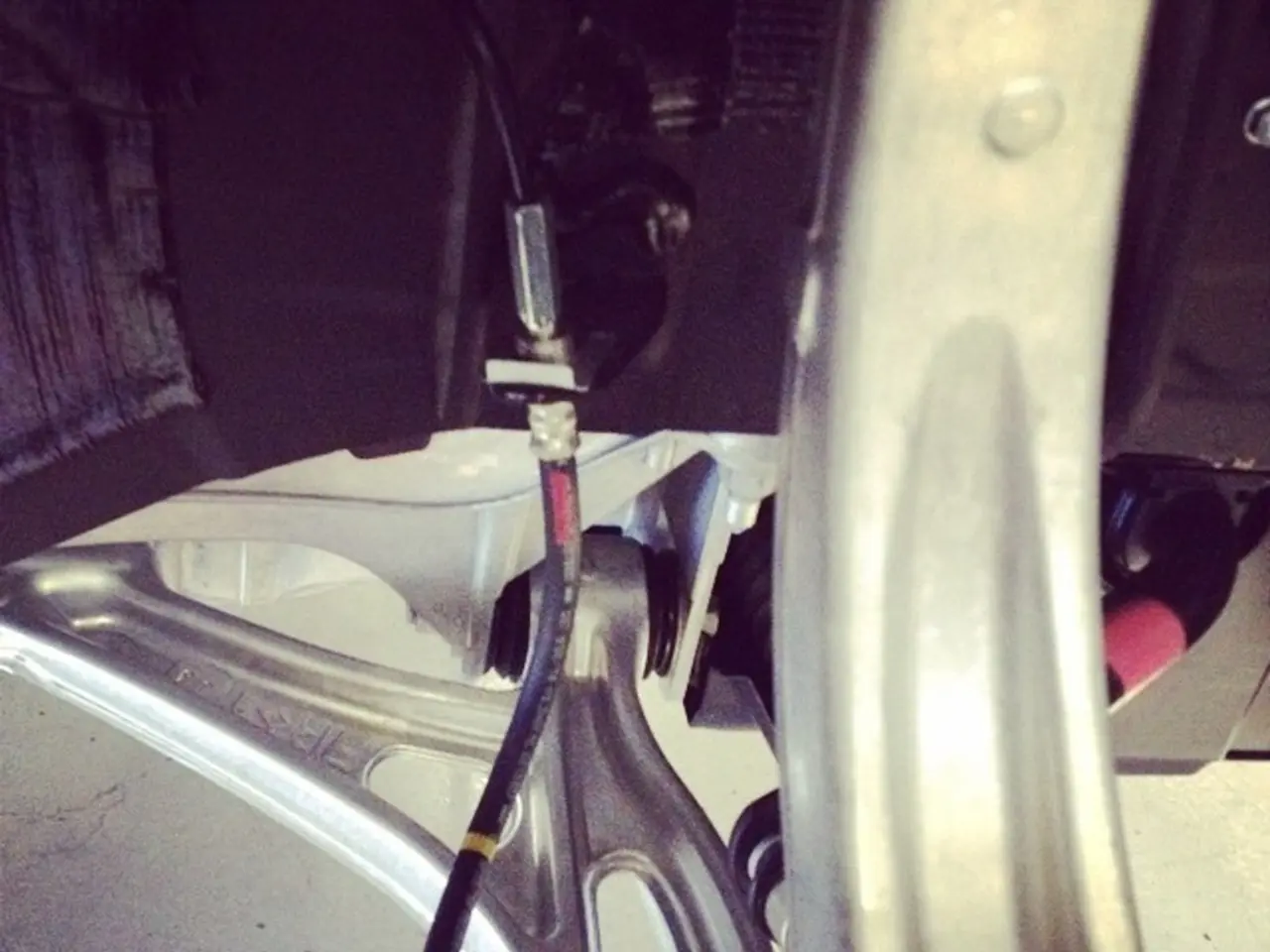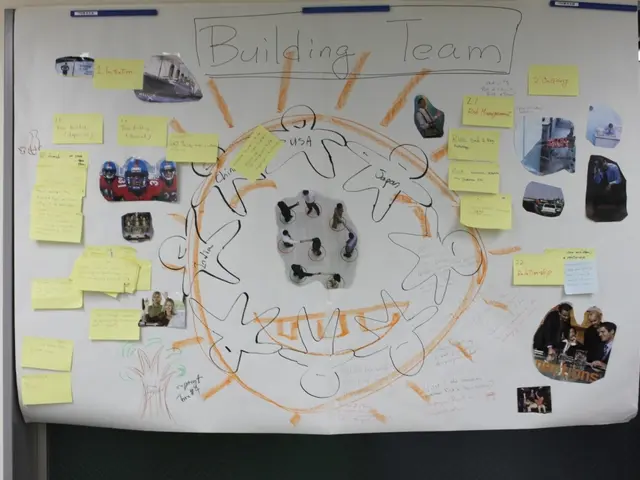Ford & CVE Team Up to Revolutionize EV Motor Production with Electron Beam Welding
Cambridge Vacuum Engineering (CVE) and Ford have joined forces to revolutionise electric vehicle (EV) production. The collaboration, backed by Innovate UK, aims to accelerate the use of electron beam welding for electric car applications.
CVE's proprietary electron beam welding technology offers significant advantages. It enhances the tensile strength of welds sixfold, ensuring they exceed minimum requirements. The process, conducted under vacuum, results in pore-free copper, thanks to effective outgassing.
Lee Turner, Ford's Director of EU Powertrain Manufacturing Engineering, sees immense potential in this method for improving electric car motor stator hairpin weld processes. Unlike infrared laser methods, electron beam welding doesn't need hairpin preparation, addressing reflectivity issues.
The partnership has demonstrated that electron beam welding can enhance both the quality and repeatability of electric car motor stator production. Its reliability and mechanical performance make it ideal for the precise demands of electric car motor assembly.
Beyond electric cars, CVE notes the broader applicability of electron beam welding in industries such as wind turbine and nuclear pressure vessel manufacturing.
The project, supported by Innovate UK, targets the growing demand for cost-effective and high-performance electric car motor stators. CVE's expertise is invaluable in investigating routes to full-scale industrialisation of electron beam welding technology, promising advancements in multiple sectors.
Read also:
- Germany Launches HoLa Project for Megawatt Charging on A2 Motorway
- Transforming Digital Inventories in the Food Industry: A Comprehensive Guide for Food Businesses
- Munich Airport Unveils Its New Electrical Vehicle Charging Parksite
- India's Strategic Neutrality in Ukraine War Sparks Sovereignty Paradox, US Trade Tensions







